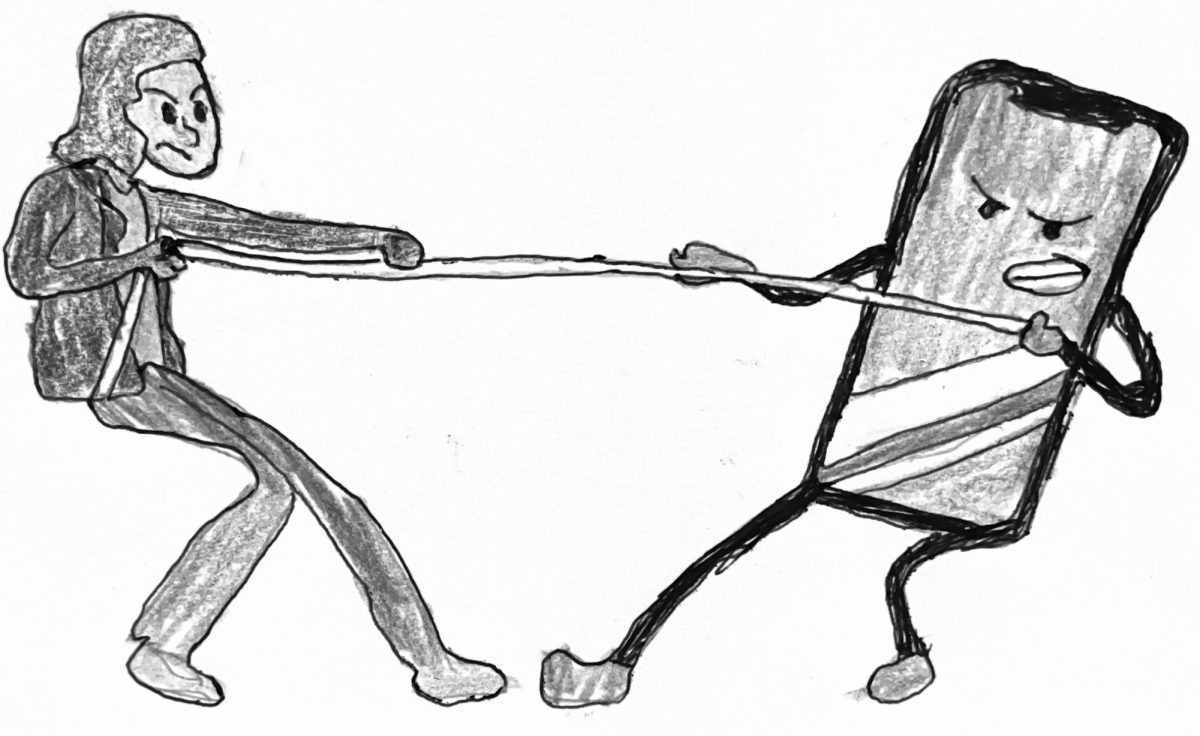Athletes Hope Sochi Olympics Changes Mindset of Russian Leaders
September 27, 2013
The Russian anti-gay crackdown has begun. Students watching the Olympics should take into account the following. With the upcoming 2014 Sochi Winter Olympic Games, many issues have been brought to the spotlight concerning Russia’s prominent anti-gay stance. Russia’s president, Vladmir Putin, has begun a campaign against homosexuals, with much of the world oblivious.
As the games draw near, many Olympians have voiced their disapproval of Russia’s anti-gay policies; some are even going so far as calling for a boycott. Speed skater of New Zealand, Blake Skjellerup, is the only openly gay athlete who is currently confirmed for participation in Sochi.
He told the Huffington Post, “I was in the closet for far too long and it wasn’t a very fun time at all. I’m not going to change the person that I am just for the sake of some rules existing in one country.”
On June 30, just six months away from the Olympics being held in Sochi, Putin signed a new legislation entitled Article 6.21 of the Code of the Russian Federation on Administrative Offenses. Article 6.21 will allow the government to fine people accused of spreading “propaganda of non traditional sexual relations amongst minors.” Russian citizens who engage in such propaganda can be fined from $120-30,000 (USD). Foreigners who enter Russia and engage in propaganda can be fined from $120 to $150, be deported from the Russian Federation, and serve 14 days in jail.
Other examples of Russia’s campaign against homosexuals include the multiple bans on gay pride parades in Moscow and other cities, large fines to gay rights activists, denial of registration to organizations apart from the government, and many regional laws that banned the propaganda of homosexuality to minors. On July 3 of this year, Putin also signed a bill that will ban the adoption of Russian children by people living in countries where same-sex marriage is legal. A recent development in early September shows that Russian lawmaker, Alexei Zhuravlev, proposed a bill that denies the nation’s gay parents custody of their kids.
Now the question is: how will this affect the Olympics? If these laws were fully enacted at Sochi, then athletes and spectators alike would be subject to be fined, jailed, and then kicked out of the country in accordance to the foreigner part of Article 6.21. So far, through the back and forth of the IOC and statements made by various Russian officials, the IOC president Jacques Rogge said in a statement, “We have today received strong written reassurances from the Russian government that everyone will be welcome at the games in Sochi regardless of their sexual orientation.” Russia’s deputy prime minister, Dmitry Kozak, attempted to reassure everybody that Russia would comply with the Olympic’s anti-discrimination policies but defended the anti-gay law.
As reported by the Associated Press, Kozak states, “These legislations apply equally to all persons, irrespective of their race, religion, gender, or sexual orientation, and cannot be regarded as discrimination based on sexual orientation.”
With conflicting statements being bounced around, it is still unclear if and how Article 6.21 will be played out at the Games. The hope of many is that with the exposure the Olympics have shed on Russia’s severe homophobic laws, it will initiate a change for the better.









